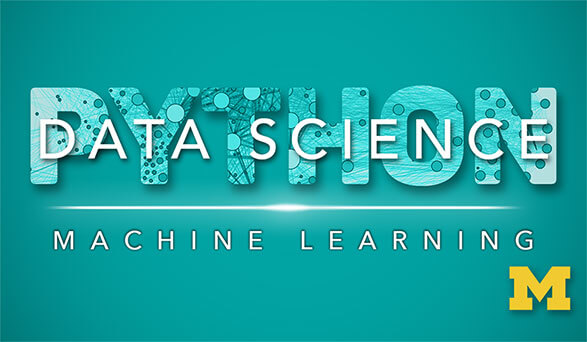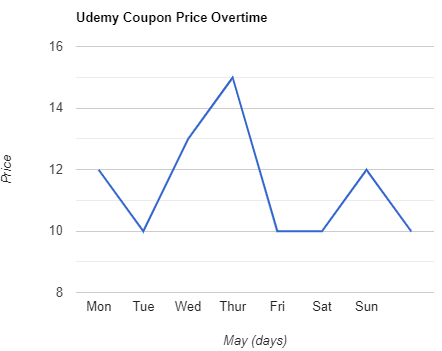Machine Learning by Columbia University and edX
Advanced Machine Learning course offered by the Columbia University. Focused on maths and theory, it delivers in-depth knowledge for students with a strong foundation within a reasonable amount of time.
Created by: John W. Paisley
Produced in 2016
 What you will learn
What you will learn
- Predict an output based on set of inputs with supervised learning techniques
- Understand the difference between probabilistic and non-probabilistic modeling
- Learn Bayes rule, Laplace approximation, and Gaussian processes
- Apply topic modeling method for unsupervised learning
- Advanced matrix factorization algorithm
- Master algorithms for optimization and inference
- Statistics and mathematics methods behind machine learning
- Much, Much more!
 Quality Score
Quality Score
Overall Score : 90 / 100
 Live Chat with CourseDuck's Co-Founder for Help
Live Chat with CourseDuck's Co-Founder for Help
 Course Description
Course Description
 Pros
Pros
 Cons
Cons
-
- Offered by an Ivy League research university.
- In-depth learning experience in Machine Learning.
- Talented instructor competent in transmitting knowledge.
- Good explanations of advanced topics such as Gaussian processes.
-
- Requires strong mathematics background.
- Lacks interactivity and practical examples.
- Does not cover neural networks.
 Instructor Details
Instructor Details

- 4.5 Rating
 10 Reviews
10 Reviews
John W. Paisley
John Paisley is an Assistant Professor in the Department of Electrical Engineering at Columbia University. John is also an affiliated member of the Data Science Institute at Columbia. John received his Ph.D. in Electrical and Computer Engineering from Duke University, where he worked with Lawrence Carin. He was then a post-doc in the Computer Science departments at Princeton University with David Blei and UC Berkeley with Michael Jordan. John's research is in the general area of statistical machine learning. His interests include probabilistic modeling and inference techniques, Bayesian nonparametric methods, dictionary learning and topic modeling.









